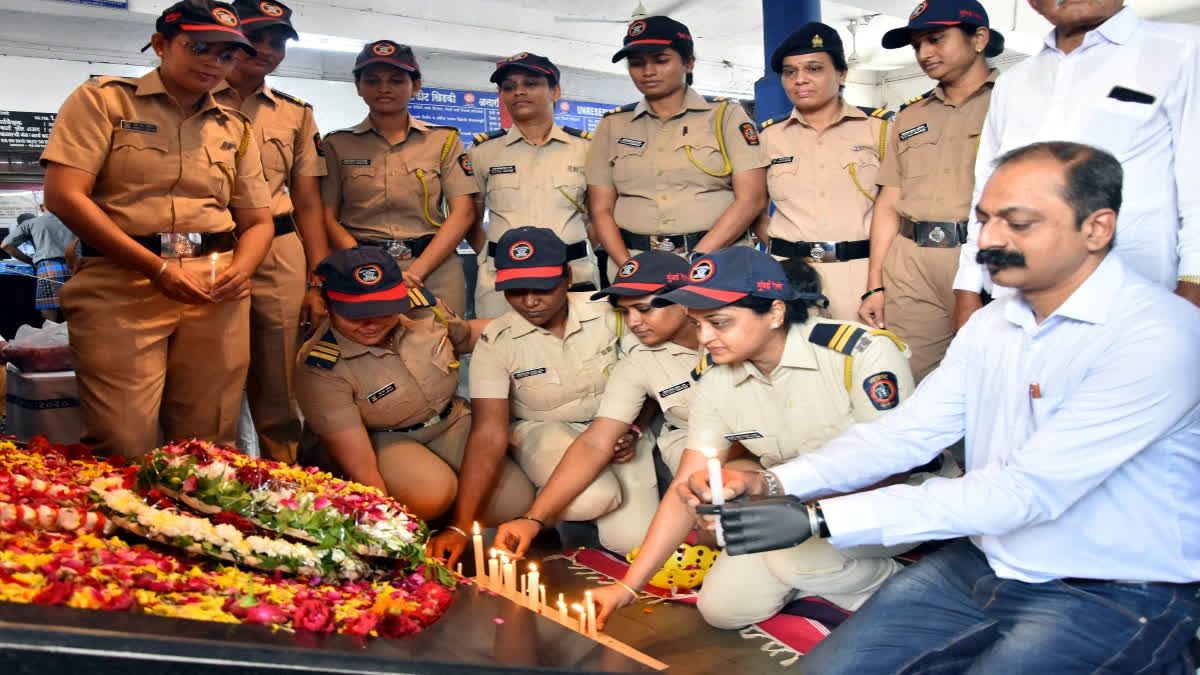New Delhi:Recognising the role of police in global security, September 7 is observed as the International Day of Police Cooperation. It also recognises the essential work of the world’s law enforcement community in global security. The day underlines the need for a sustained and long-term effort to establish a comprehensive framework for police oversight and accountability, reinforcing integrity within policing systems.
History & Significance
It was designated in the United Nations General Assembly Resolution on the International Day of Police Cooperation adopted on 16 December 2022. The day is significant because it highlights sharing resources and expertise at a global platform. It is a reminder of the importance of sharing resources, intelligence, and expertise across borders to combat crime and other illicit activities. The day also emphasises the need for a sustained effort to establish a framework for police oversight and accountability. It also reminds the need to foster a culture of transparency and integrity to enhance public trust.
Coinciding with the centenary of INTERPOL, as the International Criminal Police Commission (ICPC) was created on September 7, 1923, the United Nations marked the International Day of Police Cooperation for the first time in 2023.
Resolution
The resolution underlines the need to strengthen international cooperation at the global, regional and sub-regional levels in various areas related to preventing and combating transnational crime, in particular transnational organised crime, and preventing and countering terrorism.
UN Initiative
In commemorating the International Day of Police Cooperation, the United Nations Inter-Agency Task Force on Policing highlights the importance of police integrity, accountability, and oversight in strengthening the rule of law, ensuring human rights-based and effective policing, and enhancing public trust towards law enforcement agencies.
The UN said that the importance of effective police internal and external oversight mechanisms to strengthen accountability and integrity go beyond merely addressing misconduct after police actions; such mechanisms are part of a comprehensive approach that includes preventive measures, consistent and rigorous oversight, and robust and effective systems for reviewing and addressing police conduct.
